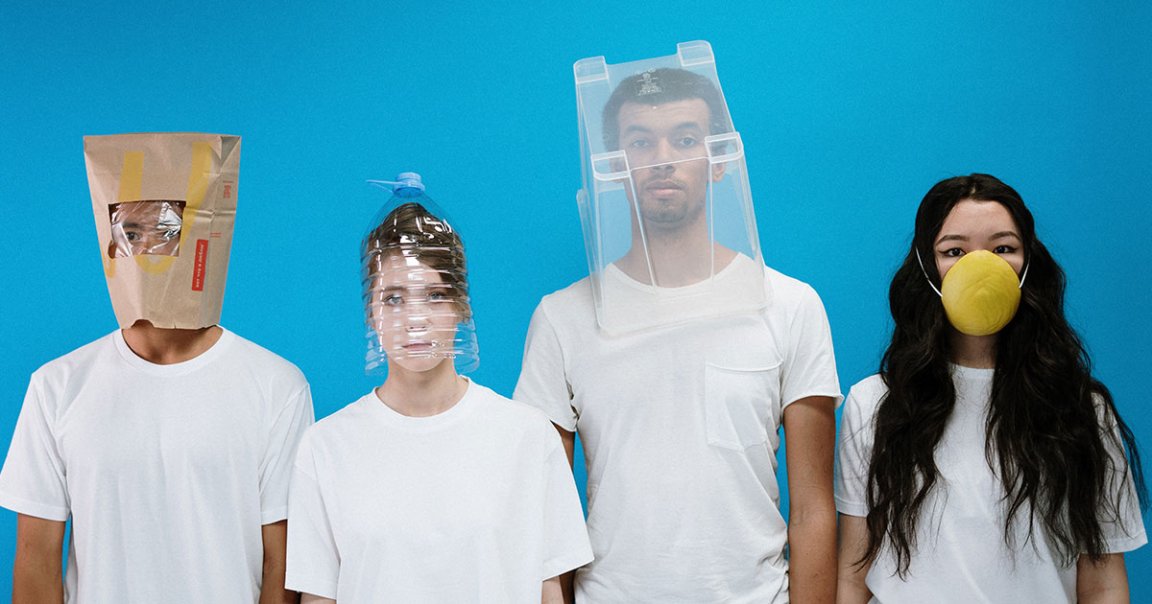
Knitting enthusiasts are hard at work filling a giant, gaping hole in the nation’s supply of face masks for healthcare workers. And they’re growing in numbers. The New York Times called them “a sewing army” in a recent report.
Despite their good intentions, the simple fact is that home-sown cloth masks are nearly useless in protecting against the virus, as Wirecutter reports, and should only be a very last resort for practitioners in the field.
In the age of coronavirus, personal protective equipment (PPEs) like surgical masks, gloves, and face shields are becoming increasingly hard to come by. And that’s really bad news: without healthy healthcare workers, no treatment. No treatment, more deaths.
“Homemade face masks are not considered [PPEs], and should be an option only when there are absolutely no respirators or face masks left, and used with other protective equipment, such as face shields,” CDC spokesperson Arleen Porcell told Wirecutter in an email.
“It’s important to note that this strategy is considered a last resort and does not adhere to the typical standards of care in the US, but acknowledges the hard realities on the ground,” Porcell added.
The best case scenario for practitioners remains to be N95-certified respirator masks, as they catch more than 95 percent of particulates. Surgical masks simply create a physical barrier and don’t seal.
Studies have confirmed the fact that homemade cloth masks are pretty terrible at catching viruses. A 2013 Cambridge University study found that tea towels and vacuum cleaner bags were far closer to the effectiveness of actual surgical masks in blocking a certain type of virus.
And then there’s the fact that people might think their cloth face masks can do more than they actually can — in fact, a false sense of security could actually do more harm than good. By touching a contaminated surface and then the mask could actually end up with you getting infected yourself. Besides, homemade masks aren’t properly sterilized.
So what can you do? Here’s the upshot: consider donating money to your local hospital so they can afford to buy proper PPEs. Leave the respirator masks at the store — they won’t protect you from catching the virus, only protect the people around you from get it from you. With a national shortage of respirators, don’t hoard them for yourself and make sure that healthcare practitioners on the front lines have access to them instead.